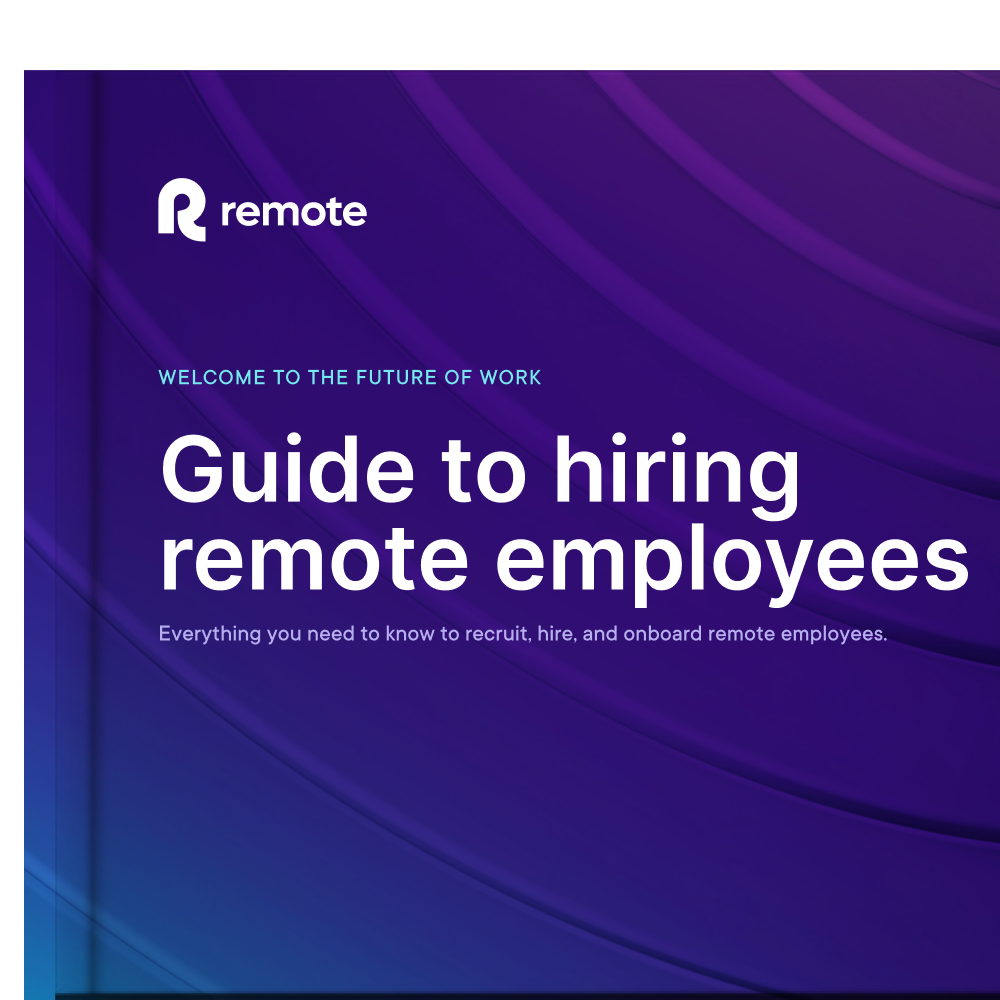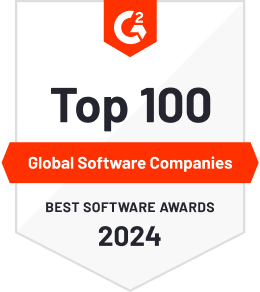
Remote & Async Work — 6 min

In a country like the Netherlands, with various social schemes that protect and provide for employees and citizens, managing payroll goes beyond making sure people get paid at the end of the month. There are employment costs specific to the Netherlands employers must pay to the tax authorities. These are what we refer to as “non-wage” costs.
Understanding what these costs are is the first step in ensuring you’re well prepared to hire and be compliant in the Netherlands. In this article, we will showcase the advantages of employing Dutch workers as well as the labor costs required to do so. One thing is for sure, though: the benefits of hiring employees in the Netherlands far outweigh the costs.
The total cost you will incur when employing a Dutch worker is made up of the employee’s salary plus several non-wage costs. These non-wage costs are premiums that fund Dutch social schemes and are paid by the employer. Contribution rates vary depending on the type of employee contract.
See also: Everything you need to know about employee benefits in the Netherlands
These contributions go toward:
Unemployment Insurance (WW): Employers contribute 5.34% (based on 92% of an employee’s salary) for employees on a fixed-term contract and 0.34% for employees on an indefinite contract.
Health Insurance Act (ZVW): Employers contribute 7% (based on 92% of the employee’s salary) toward state health insurance.
Work Capacity Act (WIA): This insurance covers employees who have been disabled or out of work for more than 104 weeks. Employers are required to contribute 7.53% (based on 92% of the employee’s salary) toward this fund. Included in this contribution rate is a surcharge of 0.5% that goes towards childcare allowance.
Sickness Benefits Act (ZW): Employers are required to continue paying sick employees a portion of the salary for a maximum of 104 weeks.
Statutory Long-Term Sickness Insurance: Employers must provide employees with statutory long-term sickness insurance. Costs for this insurance can vary.
Return to Work Fund (WHK): The employer contributes 0.91% (based on 92% of the employee’s salary) toward this fund to cover the cost of enabling the government to secure income for employees who are sick or incapacitated.
Employer social contributions are capped at an annual salary of €58,311.
In terms of the total cost of labor in countries across Europe, the Netherlands is on the high end of the spectrum along with Luxembourg, Belgium, and Sweden. Non-wage costs in the Netherlands, make up about 20.68% of a Dutch employee’s salary. Compare that to a French employee’s salary, where it is about 33%, or 6.1% for a Maltese employee’s salary.
The Netherlands has several leave schemes which require the employer to keep paying a portion of the employee’s salary during their absence from work. This applies to parental leave, maternity leave, sick leave, and short-term care leave. Dutch employees are also entitled to a holiday allowance every year. This is 8% of their gross annual salary, which you can choose to include in their annual salary or pay an allowance on top of their salary.
See also: The Netherlands maternity leave, parental leave, and paid time off entitlements
The cost of living in the Netherlands is higher in the more popular Dutch cities, such as Amsterdam, Hague, Utrecht, and Rotterdam. This is important to consider for any offer to someone who lives or will be relocating to any of these cities. Regardless, the Netherlands offers a conducive environment for remote work in most parts of the country.
To secure top talent, you want to provide supplementary benefits beyond the basics to make your offer more appealing. For example, work-life balance and lifelong learning are very important to Dutch employees. To meet that expectation, you can offer a wellness and learning allowance and increase the appeal of your offer. With Remote, you’re able to set up such allowances to be paid out to the employee every month.
See also: The best employee benefits to attract top global talent

The Netherlands is a top source of highly skilled talent. The Dutch workforce is highly educated, productive, diverse, and multilingual (90% of the Dutch workforce is capable of speaking English). This makes the Netherlands an attractive option for innovative companies looking to build out their team.
Together with Finland, Denmark, and the United Kingdom, the Netherlands ranks among the best-performing countries with the highest percentage of inhabitants who have above basic overall digital skills. In addition, the Netherlands is consistently rated one of the best remote work spots in the world, along with countries like Canada, the United Kingdom, Romania, Sweden, and Denmark.
The gross minimum wage in the Netherlands was set to €1701 per month in July 2021. In countries like Luxembourg, Sweden, and Denmark, the minimum wage is above €2000 per month. On the lower end of the spectrum in Europe, countries like Greece and Portugal have minimum wages under €1000 per month. Average salaries do tend to be higher in the Netherlands, but these salaries also tend to be taxed heavily to find the country’s robust social programs.
Learn the processes you need to find, recruit, and onboard remote employees (and stay compliant while you're at it).

The Netherlands may be a small country, but it’s one of the most powerful economies in Europe. The thriving economy in the Netherlands has enabled businesses not only to operate with ease, but also to access a pool of highly skilled workers. This is especially true in tech, thanks in part to government programs that encourage the development of tech research and skills.
Another industry with great Dutch talent is the agricultural sector, one of the oldest and most innovative sectors in the country. World-class research institutes and universities have made the Netherlands a world leader in agricultural innovation. Over time, some of the biggest food companies such as Néstle, AB InBev, Unilever, and Heineken have established a presence in the Netherlands and hired talented people to run their operations. Some other industries that have succeeded in attracting top talent are the logistics and the creative sectors.
The Dutch government has done an impressive job of maintaining a stable economy and creating incentives that encourage innovation. This has made the Netherlands an attractive place to work. To retain top talent in this competitive environment, you should review the benefits you offer Dutch employees to make sure they are at least on par with your competitors.
With the popularization of remote work, companies are realizing that having a global workforce can be a competitive advantage. The good news is that, to enjoy this advantage, you don’t have to go through the strenuous process of setting up a new legal entity or managing the employees’ payroll. Remote can handle all your Netherlands payroll needs.
With Remote, you never have to worry about how to navigate local labor laws, how to manage payroll across different countries, or what taxes to remit to the government. By taking on your global employment needs, Remote makes international hiring seamless. Contact us today to learn more about our global employment solutions in the Netherlands and countries all across the world.
Start onboarding employees and contractors in minutes with Remote, G2’s top-ranked multi-country payroll software.

Subscribe to receive the latest
Remote blog posts and updates in your inbox.

Remote & Async Work — 6 min

Newsroom — 3 min

Product Updates — 6 min

Employer of Record & PEO — 3 min